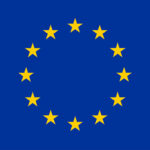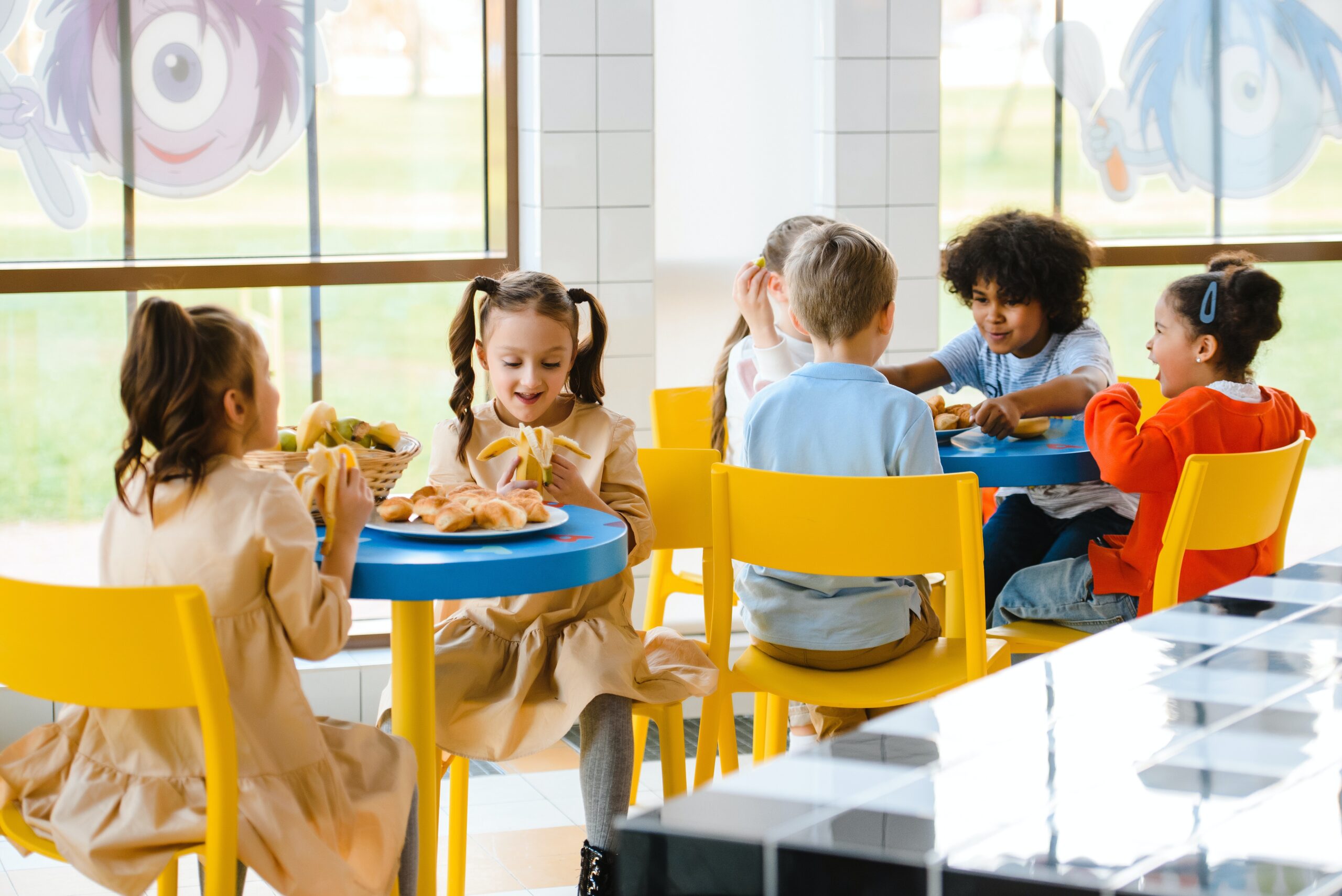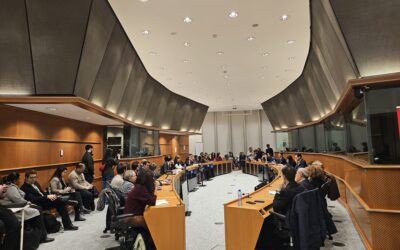Fondazione Ecosistemi has now joined forces to transform our food system towards diets that are delicious and healthy for both humans and the planet. To reach this aim, the EU-funded project SchoolFood4Change (SF4C) engages 3,000 schools as catalysts for food system transformation, impacting 600,000 young people through 16 cities and regional governments across 12 European countries and radiating into society at large. SchoolFood4Change is coordinated by ICLEI – Local Governments for Sustainability and brings all relevant school food actors to one table: from students, parents and teachers, farmers, chefs and canteen staff to experts from sustainable food procurement, dietitians, and local enterprises.
Fondazione Ecosistemi will be mainly involved in facilitating and supporting the implementation of the project innovation actions (WSFA, planetary health diets & cooking and procurement) in both the Italian demo and replication cities. In the same role, it will facilitate the overall management of the project, especially by taking part to the Steering Group meetings and supporting the lead partner in the reporting activities.
At the heart of SchoolFood4Change lies a triple action approach of innovative food procurement, the promotion of planetary health diets and cooking, as well as the Whole School Food Approach (WSFA).
Innovative sustainable food procurement is an effective tool for change as it helps fulfil the state’s duty of care, particularly concerning vulnerable groups such as children and students. The project will provide locally adaptable procurement solutions that have the power to make healthy and sustainable meals available in all schools in Europe, leaving no child behind.
Over 10,000 cooks and canteen staff will be trained in Planetary Health Diets according to the recommendations of the EAT Lancet commission empowering them to cook school meals that are delicious and sustainable, both for students and the planet.
The Whole School Food Approach holistically engages the entire school community to develop healthy and sustainable eating activities. For students, it includes food education, gardening, preserving, and cooking food together as well as school-farm twinning. The WSFA also involves other actors from farm to fork, such as farmers, cooks, and local businesses. Its impact radiates into society at large, touching over two million EU citizens.
For further information:
Fondazione Ecosistemi Project Website
ICLEI project website
WWF Germany Project Website
________________________________________________________________________________________________________________________________

The SchoolFood4Change project has received funding from the European Union’s Horizon 2020 research and innovation programme under grant agreement No 101036763.
The sole responsibility for the content lies with the authors. The content does not necessarily reflect the opinion of the European Commission. The European Commission is also not responsible for any use that may be made of the information contained therein.




